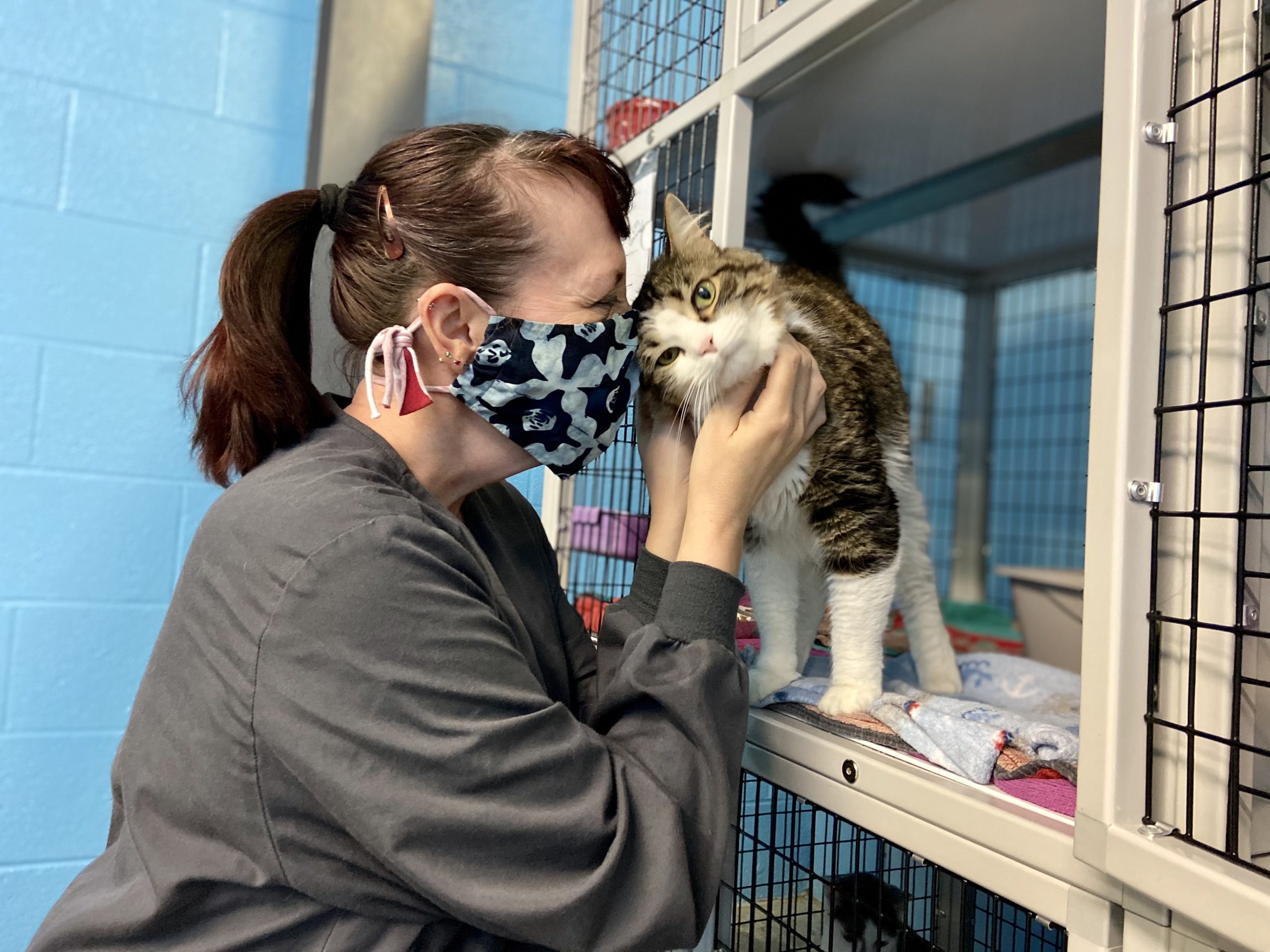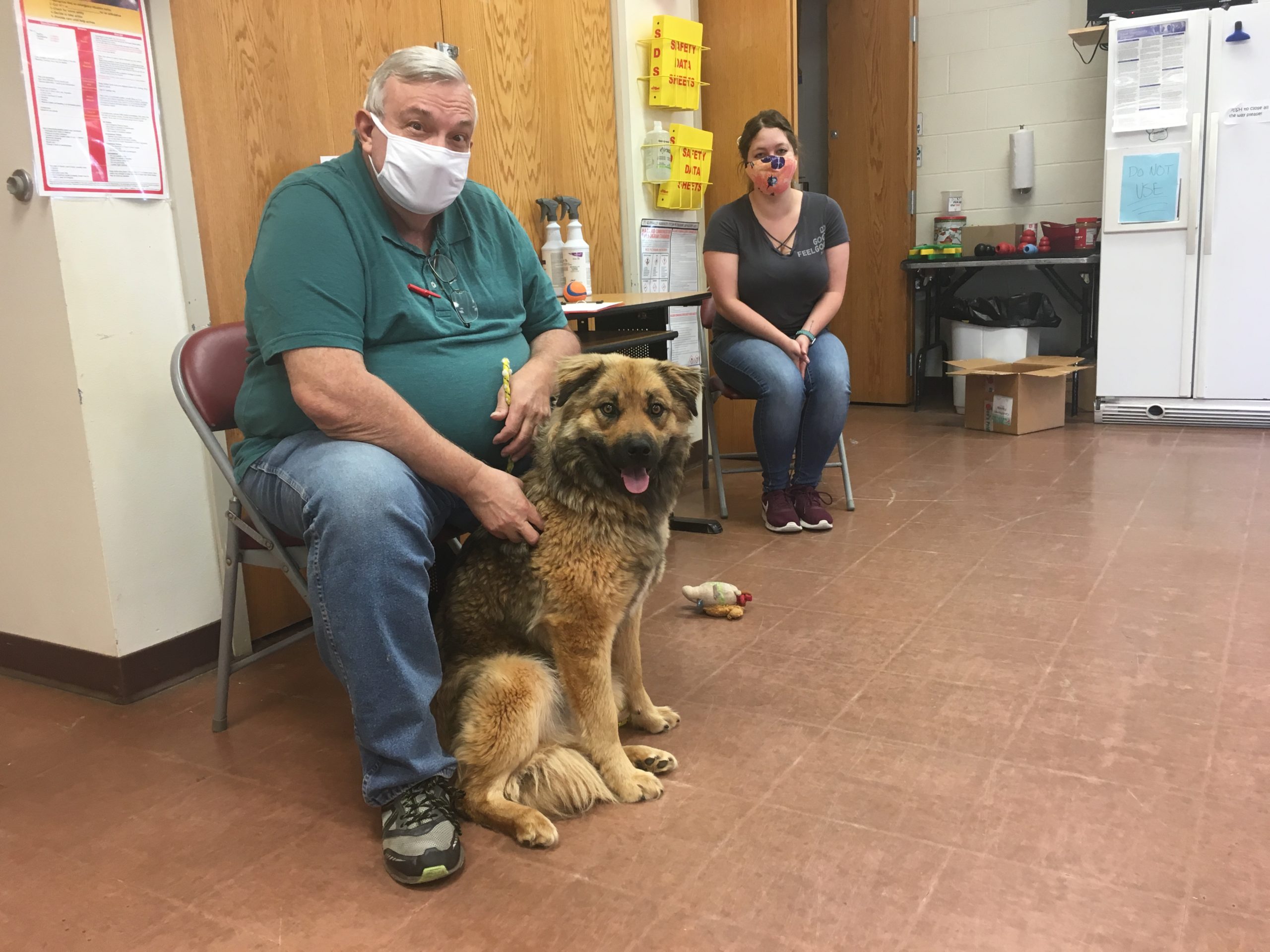Staff, volunteers, and community pulled together during one of the most challenging times in HSBH history.
The coronavirus pandemic crept up slowly on our communities and businesses resulting in change and disruption like we have never seen. Now, in mid-summer, our community is still dealing with virus-related impacts that are likely to persist for months.
At the Humane Society of the Black Hills the uncertain times required new thinking about policies and processes. No longer could the doors be open casually to the public, adoptions and volunteer programs would have to change, education programs and events would have to be cancelled.
Our first half of 2020 was new and uncertain times in the challenging world of caring for animals; the second half of the year promises the same.
Rising to that early challenge was an outstanding staff, supportive community, committed donors and volunteers all ready and willing to do what was necessary to continue to care for hundreds of cats, dogs, and small animals in need.
Like most businesses, by February the Humane Society of the Black Hills was paying close attention to the news of coronavirus and discussing potential impact it could have on caring for animals. The actual extent of the impact was unknown so the humane society followed suit with shelters nationwide and prepared for worst-case scenarios.
Outside the shelter, work continued to manage community spread. By mid-March the City of Rapid City was discussing closing several establishments to reduce the spread of the virus. We knew it was important to act in concert with the city intentions and decided to be part of the solution; on March 24 we closed to the public and implemented several new protocols to reduce animal intake and prepare for an influx of animals.
Planning for the worst case meant taking steps to keep the shelter available for animals that might be abandoned or find themselves homeless if their owners took ill. We expanded our foster program to keep animals out of the shelter, tasked Animal Services and Enforcement to do in-field returns whenever possible, and asked people surrendering pets to hold animals temporarily to avoid filling the shelter.
Those steps and the societal factors surrounding the pandemic resulted in a manageable shelter population of both dogs and cats, a steady flow of adoptions, and uninterrupted animal care.


